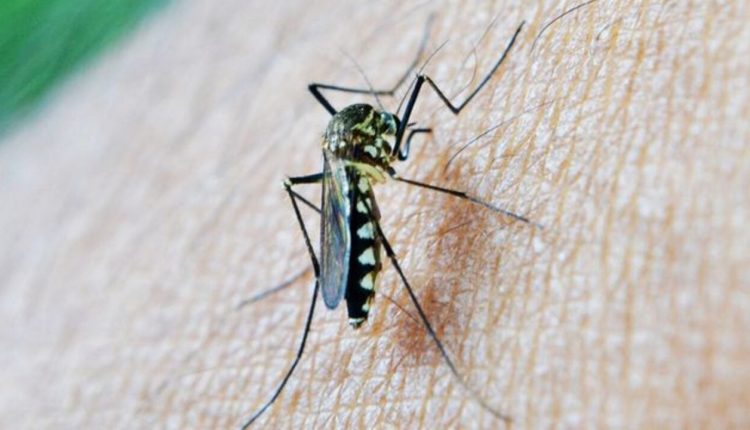The Nigeria Centre for Disease Control and Prevention (NCDC), has declared a state of alert in response to the confirmed outbreak of Dengue Fever in Sokoto State.
READ ALSO: Dengue fever: Sokoto state issues preventive measures
The NCDC, in collaboration with the National Emerging Viral Hemorrhagic Diseases Technical Working Group (NEVHD-TWG), has conducted a rapid risk assessment to guide preparedness efforts.
Despite the current moderate risk level, the NCDC emphasizes the need for vigilance due to the potential for the outbreak to escalate.
“However, the situation is being closely monitored, and there is confidence in the state’s ability to respond effectively, drawing from lessons learned in previous Dengue outbreaks in 2016 and 2019.
“Fortunately, there have been no reported deaths. The affected areas include Sokoto South, Wamako, and Dange Shuni, with the majority of cases occurring in individuals aged 21-40,” it said.
NCDC said as of November 2023, 71 suspected cases have been reported, with 13 cases confirmed.
At the national level, the NCDC has activated the Incident Coordination Centre (ICC) and initiated the development of an emergency incident action plan for Dengue Fever.
“Trained Rapid Response Teams are on standby, and a comprehensive risk communication and engagement strategy has been devised. Additionally, a proposed research project aims to enhance understanding of the disease vector across the six geopolitical zones.”
NCDC said Public health actions in Sokoto State include dissemination of a Public Health Advisory, clinician sensitization, enhanced surveillance, and collaborative efforts with the Ministry of Environment and Malaria Control Agency to improve sanitation and conduct reactive fumigation.
The NCDC urges Nigerians, particularly those in Sokoto, to adhere strictly to preventive measures such as wearing protective clothing, using insecticide-treated nets, and maintaining proper sanitation.
“As the nation grapples with this Dengue outbreak, early detection, community engagement, and a robust response system remain pivotal in containing the spread and safeguarding public health.”
Authorities encourage individuals experiencing symptoms to promptly seek medical attention at designated healthcare facilities to facilitate timely diagnosis and initiation of supportive treatment.
“The NCDC will continue to closely monitor the situation, with the hope that coordinated efforts will effectively curb the impact of the Dengue Fever outbreak in Sokoto State,” it said.
Dengue fever is a viral infection caused by the dengue virus (DENV) and transmitted to humans through the infected mosquito’s bite.
Human-to-human transmission of the virus has not been established. DENV is found in tropical and sub-tropical climates, mostly in urban and semi-urban areas worldwide.
Most people with dengue have mild or no symptoms and will get better in 1–2 weeks.
Rarely, dengue can be severe and lead to death. If symptoms occur, they usually begin 4–10 days after infection and last for 2–7 days.
Symptoms may include high fever (40°C/104°F), severe headache, pain behind the eyes, muscle and joint pains, nausea, vomiting, swollen glands, and rash. Individuals who are infected for the second time are at greater risk of severe dengue.
Available data shows that prevention and control of DENV infection depend on vector control. There is no specific treatment for dengue, however, early detection and prompt initiation of supportive treatment have been shown to significantly reduce death.


Comments are closed.